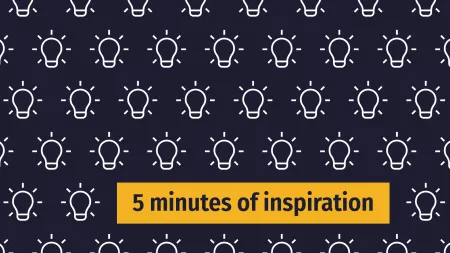It’s a little counterintuitive, but CARE Nepal’s Unnati project, with the support of the European Union, got to its results by phasing out support. Spending a little less money on subsidies every year between 2012 and 2015 gave farmers a low risk environment to experiment in, and the time to invest on their own.
What have we accomplished?
- More food: There was a 14% increase in vegetable production in the area—15 tons more food than there was at baseline.
- More diverse diets: 75% of families in Unnati now produce and consume enough vegetables to give every person in the family a healthy serving every day, all year long.
- More income: 83% of the families grew enough vegetables to sell into the market, up from 21% at the beginning of the project. This allowed the average savings to go up by nearly 600%.
- More empowered women: Not only did the number of women selling into open markets more than quadruple (from 16% to 86%), but women were more empowered and able to make more decisions in the household. Women also hold more than 50% of the executive positions in producer cooperatives.
- Greater equality: The lowest caste groups in Nepal mentioned that this project allowed them to work with other castes in a position of equality, which has helped narrow the social gap between the castes.
How did we get there?
- Introduce new technologies: The project worked to introduce greenhouses, collection centers, improved seeds, and new irrigation methods to help poor farmers produce as efficiently as possible.
- Focus on women’s needs: The technologies were specifically selected to help women reduce their workloads (such as lower burdens for weeding and watering, and less travel time by being able to sell to collection centers). The project also worked to train women in leadership so that they felt confident to lead farmers groups.
- Phase out support: The project started with a 100% subsidy on tools and seeds, and stepped down this amount by 25% every year. This gave farmers a space to try the technology with low-risk, and then phase up their own investments as they saw the value.
- Work with local partners: CARE worked with the local Department of Agriculture, who invested in the Unnati tools and methods as CARE scaled out. We also partnered with the Centre for Environmental and Agricultural Policy Research, Extension, and Development (CEAPRED), who served as a trusted, high quality partner to help reach farmers.
- Tailor your training: Instead of one very long training for farmers, Unnati gave farmers several short training sessions over the course of the year. This helped them have regular refreshers and contact with extension agents, as well as not overloading them with too much detail at once.
Want to learn more?
Check out the project's endline evaluation.
